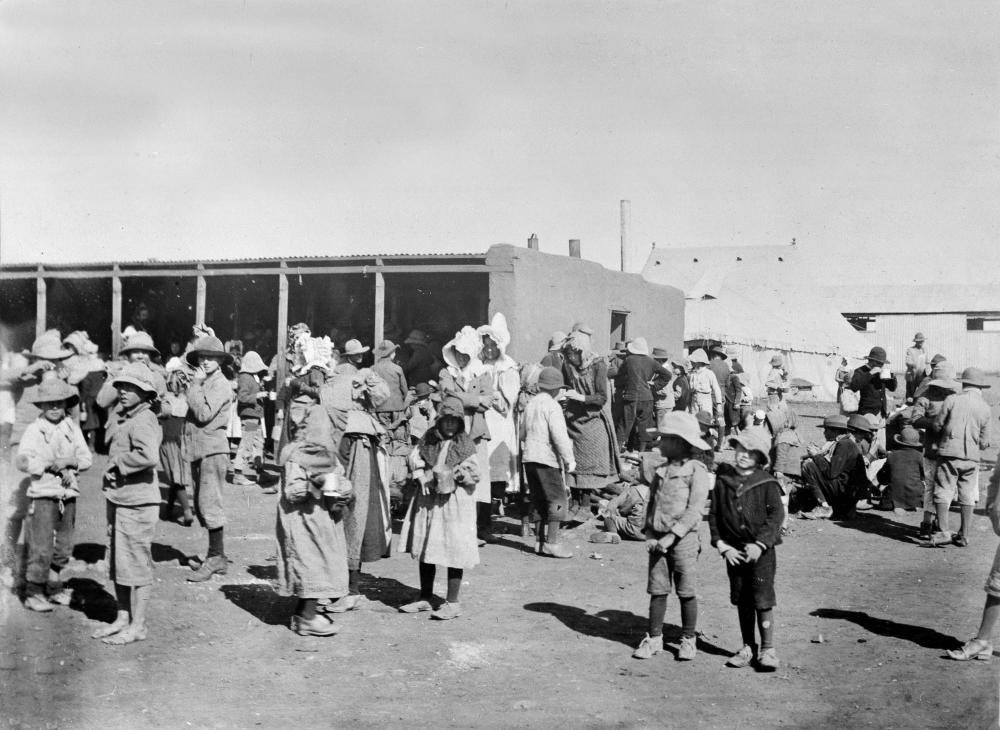AS the International Criminal Court (ICC) deliberates over whether to issue arrest warrants for Israeli Prime Minister Benjamin Netanyahu and Defence Minister Yoav Gallant regarding the ongoing war in Gaza, a somewhat ironic participant has stepped forward – the United Kingdom.
The UK has requested to submit its legal observations, particularly questioning whether the ICC can assert jurisdiction over Israeli nationals when Palestine, under the Oslo Accords, supposedly lacks this capacity.
The UK’s involvement could potentially delay the ICC’s pending decisions, a critical factor given the gravity of the allegations and the international tension surrounding them. All submissions must be finalised by the looming deadline of July 12.
However, when we peel back the layers of the UK’s polished, legalistic façade at the ICC, we uncover a historical tableau soaked in the blood of colonial violence and marked by grave human rights abuses – a stark contradiction to its current posture as a proponent of international law and justice. Here are some of the darkest chapters:
1. The Jallianwala Bagh Massacre (1919):
British troops, commanded by General Reginald Dyer, fired on a peaceful crowd of thousands gathered in Jallianwala Bagh, Amritsar, to protest against the oppressive Rowlatt Act. Official British records put the death toll at 379, but Indian sources estimate that about 1,000 people died, with more than 1,200 wounded. This massacre is one of the most infamous acts of mass violence against civilians in colonial India.

2. The Bengal Famine (1943):
During World War II, the British administration in India diverted food supplies and resources to the war effort, directly contributing to a catastrophic famine in Bengal. Estimates suggest that up to three million people died of starvation, malnutrition, and disease. Churchill’s government repeatedly denied sufficient relief to the region, reflecting a gross neglect of colonial subjects’ lives.
3. The Mau Mau Uprising (1952-1960):
In Kenya, the British suppression of the Mau Mau rebellion involved systemic torture, killings, and mass detentions of the Kikuyu people. Official figures remain conservative, but it is estimated that tens of thousands of Kenyans were killed or died in detention camps under horrific conditions, highlighting a brutal crackdown on anti-colonial resistance.
4. The Partition of India (1947):
The British exit from India led to the rushed and poorly planned partition of the subcontinent into India and Pakistan, igniting widespread communal violence and one of the largest mass migrations in history. The ensuing chaos resulted in the death of up to 2 million people and the displacement of 15 million, a tragic and enduring legacy of hastily executed decolonisation.

5. The Boer War Concentration Camps (1899-1902):
During the Second Boer War, the British operated concentration camps in South Africa where over 26,000 Boer women and children died due to severe malnutrition, disease, and poor living conditions. This episode stands as one of the earliest examples of concentration camps in modern warfare, predating the more infamous uses in the 20th century.
These instances of British colonial misconduct are not merely historical footnotes but glaring indicators of a pattern of disregard for human rights when it suited colonial ambitions.
The UK’s present involvement in international legal discourse, such as its participation in the ICC over matters concerning Israel and Palestine, is imbued with an inescapable irony.
Its colonial past, filled with acts that today would be judged as war crimes, casts a long shadow over its credibility and moral standing in contemporary international law and justice debates.
As the UK weighs in on the legality of prosecuting Israeli officials, these historical parallels serve not just as reminders of past injustices but as stark illustrations of enduring hypocrisy. – June 29, 2024
Che Ran reads Scoop

